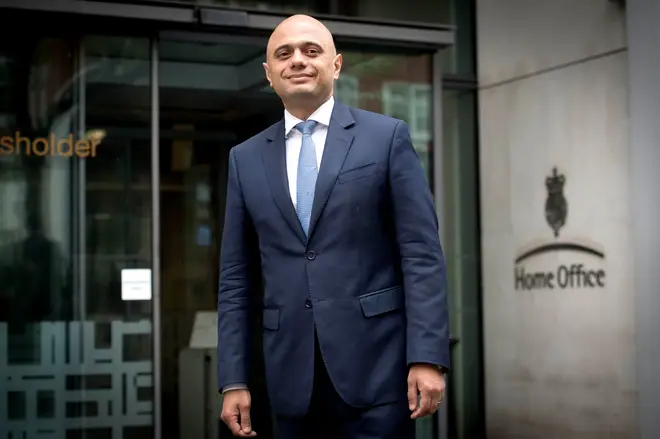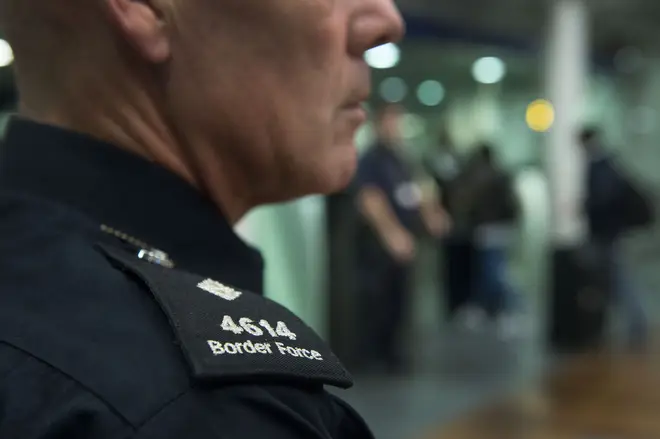
Ben Kentish 10pm - 1am
12 April 2019, 10:59

British citizens who go to designated foreign terror hotspots could face up to 10 years in prison under new laws that come into force on Friday.
The Counter-Terrorism and Border Security Act 2019 makes it a criminal offence to enter or remain in a "designated areas" overseas. Anyone found to have broken the law could face up to 10 years in prison.
Politicians brought in the powers to try and tackle the threat from returning British citizens who have been abroad fighting..
Sajid Javid, the Home Secretary said the new laws give the police the powers they need to "disrupt terrorist plots earlier and ensure that those who seek to do us harm face just punishment."

The law gives exemptions for legitimate travel reasons, including journalism, aid work or attending a relative's funeral.
The act allows the Home Secretary Sajid Javid to designate an area, subject to the approval of Parliament.
In order to designate an area the government would have to be "satisfied that it is necessary, for the purpose of protecting members of the public from a risk of terrorism."
Figures disclosed in Parliament last year showed that only around one in 10 of those who had taken "direct action" in Syria" faced prosecution.
The Government says a significant proportion of those who have come back were assessed as "no longer being of national security concern."
The act also gives border officials powers to stop and search individuals without suspicion on the grounds of tackling “hostile state” activity, and criminalises the viewing of terrorist-linked material online.

The security minister, Ben Wallace, said: “It is our view that the measures in the bill are necessary, proportionate and compatible with the European convention on human rights and so I am disappointed with the committee’s conclusions.
“After the spate of terrorist attacks of last year and the deadly nerve agent attack in Salisbury, our intelligence services and police made the case for an update of existing legislation and some new powers to help meet their operational needs and respond to the evolving threats posed by terrorism and hostile state activity. The government will respond to the committee’s report in due course.”
The legislation also:
-makes it illegal to “recklessly” express support for a proscribed organisation.
-creates an offence of obtaining or viewing terrorist material over the internet.
-extends extra-territorial jurisdiction for some terror-related crimes.
-increases maximum sentences for a number of offences.